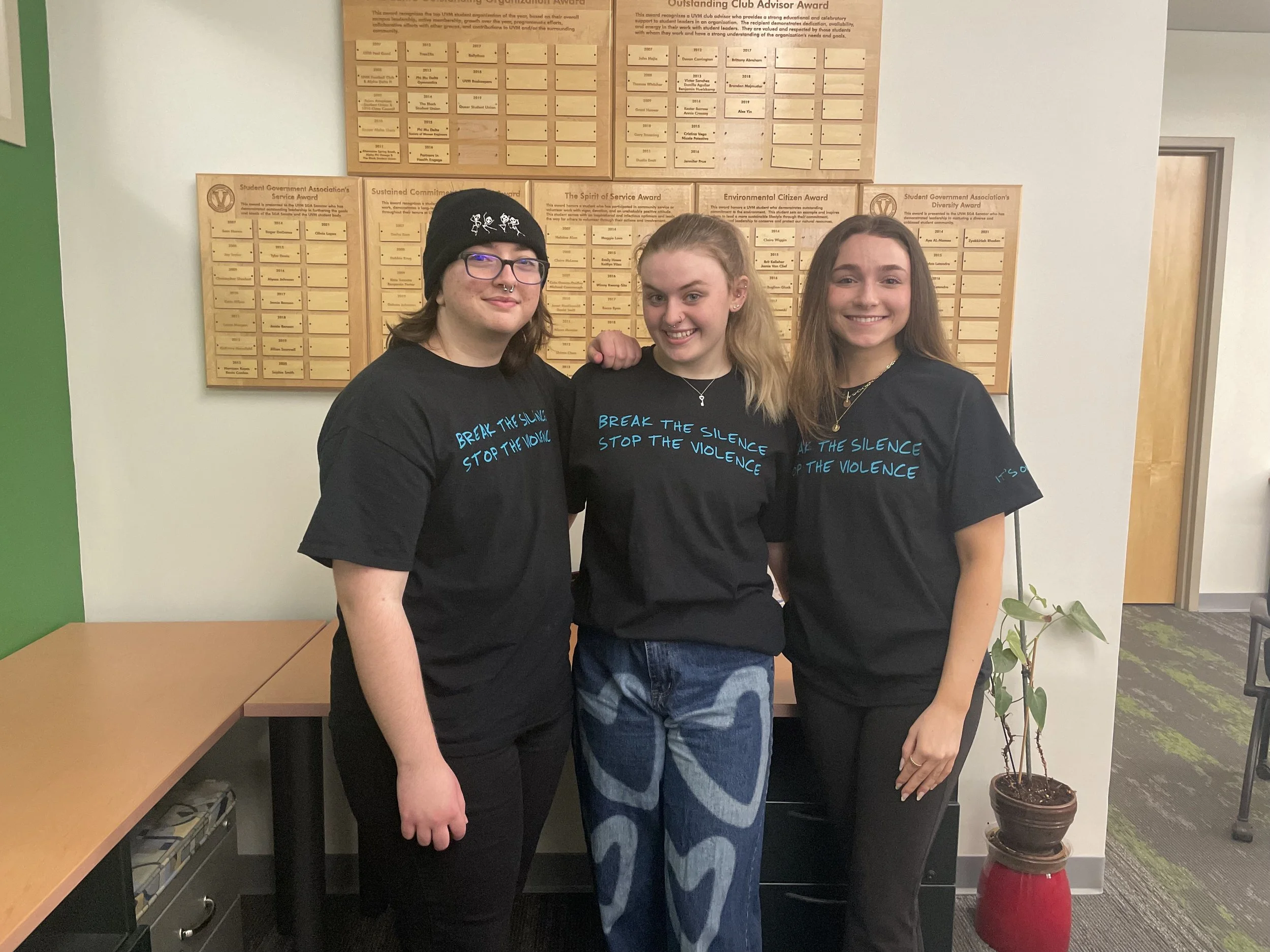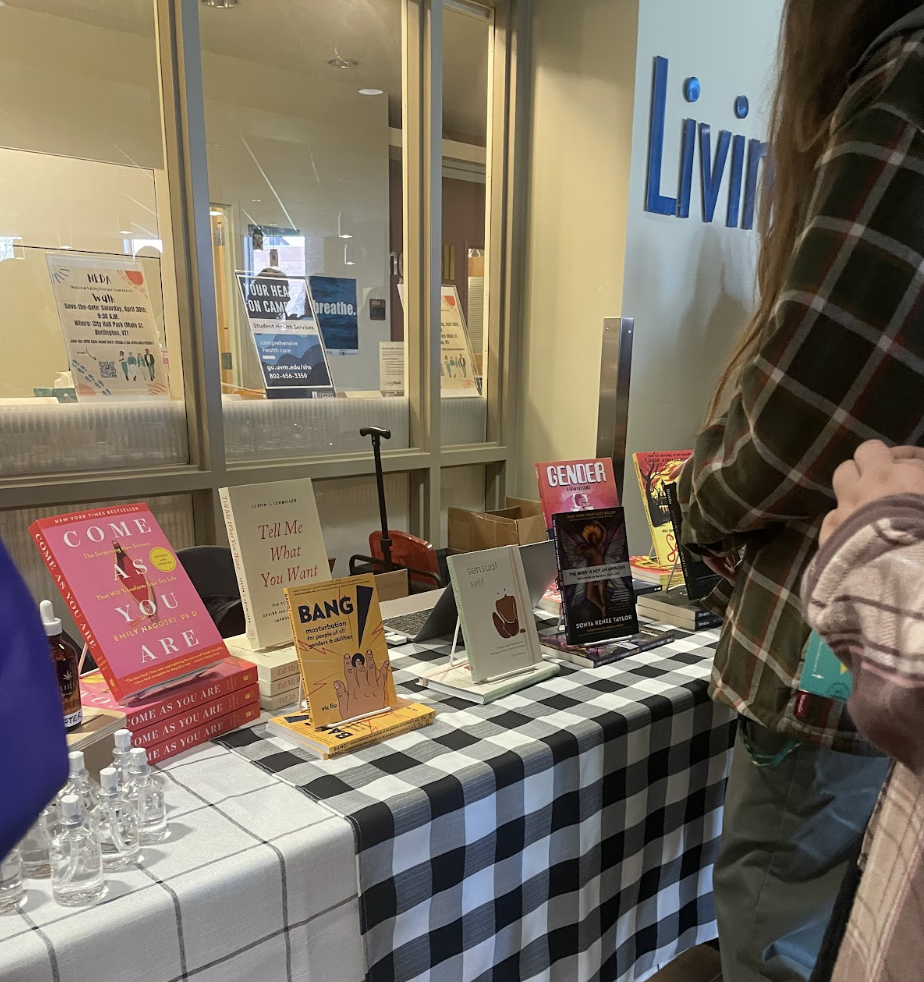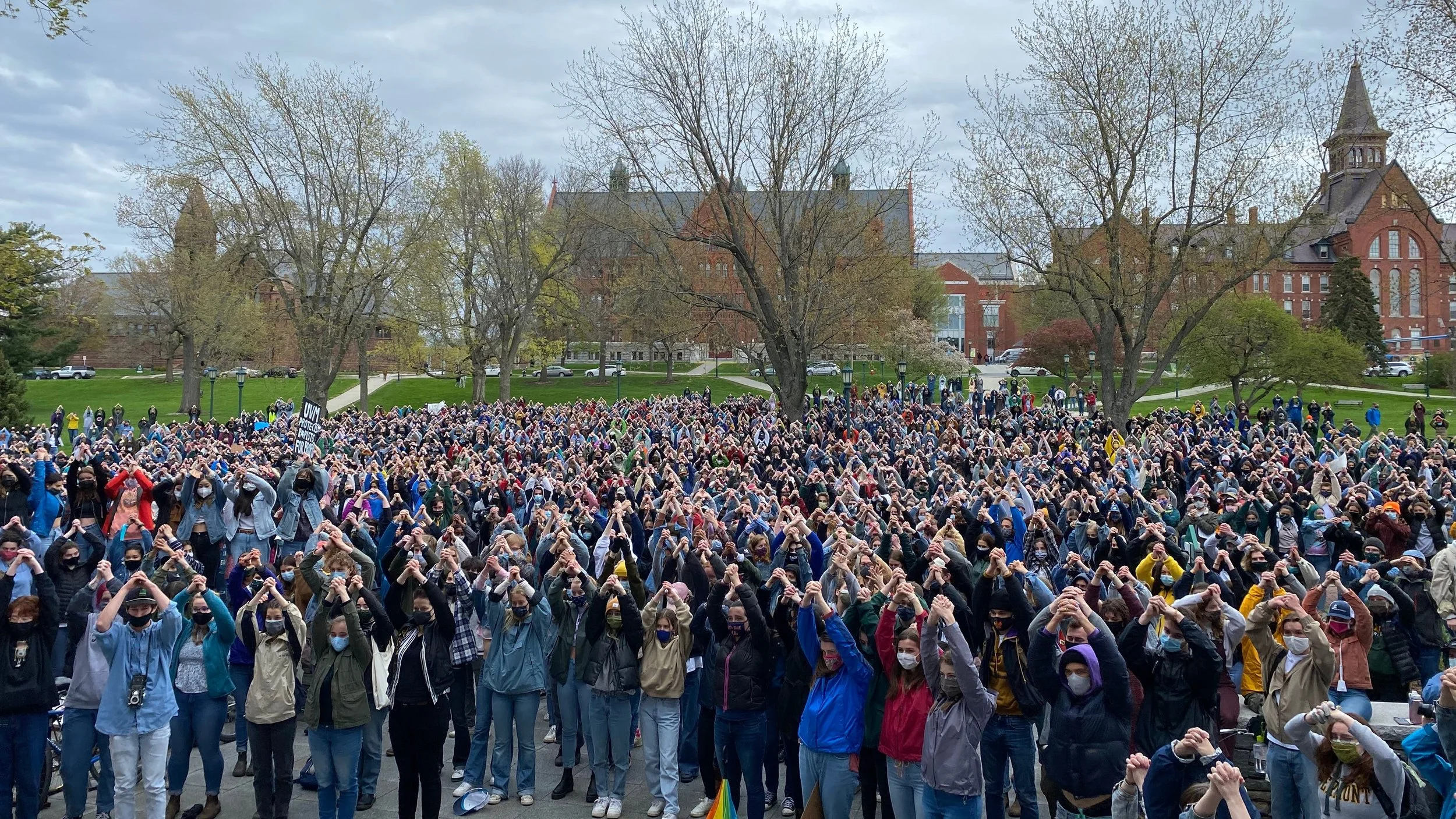Sexual Violence Awareness Month: Highlighting the Importance of Self Love and Pleasure
April is Sexual Assault Awareness Month. Throughout the month, organizations and individuals may plan or attend events that focus on consent education, resources for survivors, or explore the Title IX process.
While these kinds of informative events are both beneficial and important, it is equally necessary to provide spaces for survivors and their allies to heal on a more personal level. Survivors need places to process their struggles and safely exist. As a response to trauma, a survivor may feel alienated from themselves and others. Restorative practices like meditation, exercise, and masturbation are important and valid ways to reconnect with their bodies and their sense of self.
The Fem Word contributor Olivia Eisenberg is a Student Government Senator at the University of Vermont, and worked in tandem with three of her peers to organize UVM’s Sexual Violence Awareness Month Summit. Their focus was to create healing, empowering spaces for survivors and their allies. The month-long event focused on confidence-building and pleasure.
UVM SVAM Organizers (Left to Right): Taylor MacHarrie, Riley O’Hagan, and Olivia Eisenberg. Photo Courtesy: Olivia Eisenberg
Like many universities, UVM has seen its fair share of demonstrations, walkouts, and events aimed at putting pressure on the administration to address the university’s sexual violence issues and actions in holding perpetrators accountable. These events can be extremely stressful for survivors and may trigger anxiety, depression, or PTSD symptoms. The Student Government therefore felt it was important to allow students to take a step back and check in with themselves. The summit used the concepts of pleasure and self-actualization to help attendees work on healing from past and ongoing trauma.
Once a week, UVM’s gym was reserved specifically for women and nonbinary identifying students in order to create a comfortable space for femme-presenting people to work out.
On Monday afternoons, restorative yoga was held. This provided a way for students to reconnect with their bodies. This kind of physio-spiritual exercise is proven to bring many mental health benefits and helped students feel rejuvenated for the coming week.
Earth and Salt Adult Toy Popup. Photo Courtesy: Olivia Eisenberg
To highlight the importance of pleasure in healing, sex education office hours and adult toy pop-up shops were organized. This unusual choice was intentional: sexual pleasure, confidence, and self-care are important but often overlooked steps in a survivor’s healing journey. The event’s organizers hope that the inclusion and acknowledgment of these steps will inspire others to accept them and not be ashamed of this part of the human experience.
A few times throughout the month, Q&A sessions were held with UVM’s new Sexual Violence Prevention Coordinator, Dr. Elliot Ruggles. This gave students the opportunity to learn about this new position, as well as Elliot’s plans for change at the university and various ways that the student body can help address the problem of sexual assault on campus.
UVM walkout in support of survivors in 2021. Photo Courtesy: Burlington Free Press
Sexual violence is an incredibly pervasive issue in the United States, with incidents most highly reported on college campuses. University administrations must act with survivors' best interests in mind — not profit and reputation. While continuing to fight for institutional change, it is always important to prioritize one’s own wellbeing, especially for survivors. Luckily, attitudes and norms are shifting, allowing survivors and allies to share their experiences and find ways to stop perpetrators while healing from their own trauma.


